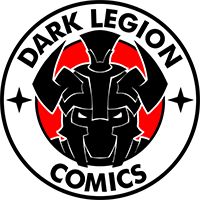DC Comics IP Theft and the Nuclear Option
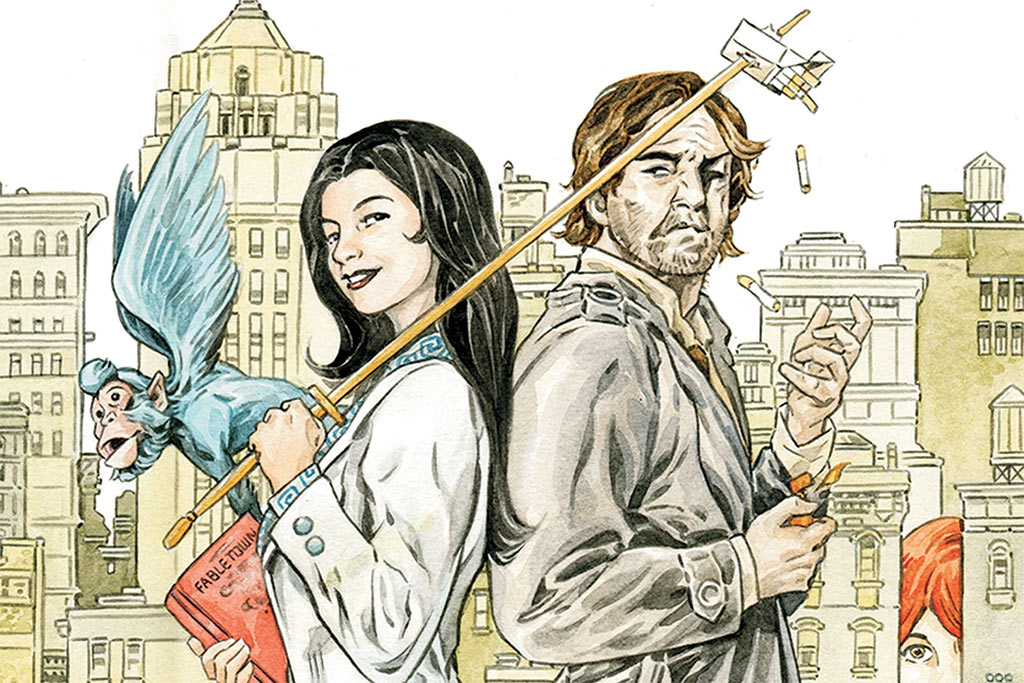
Fables is one of DC/Vertigo Comics longer running titles and is wholly owned by its creator Bill Willingham. Stick a pin in the ‘wholly owned’ part because we are circling back to it.
Willingham is one of those artists whose work you are familiar with even if you never heard of him. He got his start as a staff artist for TSR doing work on Dungeons and Dragons in the late 1970s and early 1980s.
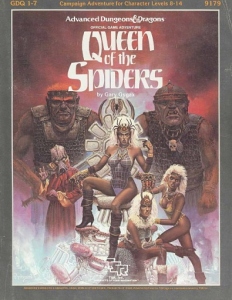
His work was fairly well known in the gaming industry. He heavily influenced Dungeons and Dragons art style during the AD&D period.
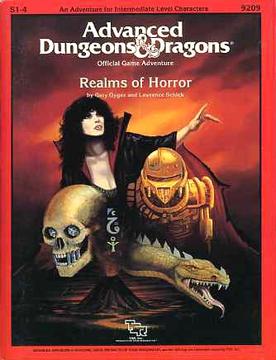
Bill was also a gamer himself and in 1983 he wrote and illustrated Villains and Vigilantes, which was superhero game for Fantasy Games Unlimited. This game served as entry drug to the world of comics, which in the early 1980s had begun its boom.
His first comic book was titled Elementals and no it had nothing to do with the Marvel heroes created by Jack Kirby.
This first book was for the late Comico line, back then it was home to Robotech and Jonny Quest and Mage. The elementals in this case were a team of four superheroes who had all died and been resurrected as people who each had a power related to one of the four elements of Earth, Air, Fire and Water. It was adult oriented and concentrated on adult problems, which included sex. Dude, it was the eighties, and it wasn’t pornographic.* He also began contributing Green Lantern stories to DC.
As Willingham bounced around the indies world in the 1990s, he began to work more and more frequently with DC. Specifically he began contributing to DC’s Vertigo line.
Vertigo was DC’s ‘absolutely not for kids’ line mature comics. Sandman headlined it but there were plenty of other titles like Preacher, Egypt and The Enigma. Hell, there was even another Sandman title reviving the Golden Age hero. Aside from Sandman Vertigo’s best known title is V for Vendetta. The Vertigo line pretty much owned the Eisner awards, 100 bullets, Lucifer, Y The Last Man, Hellblazer, and of course Billl Willingham’s Fables.
The guys that were running DC comics in the early 2002 signed Bill to produce Fables as wholly owned intellectual property, held by Willingham, but published by DC.
The Vertigo line had several creator owned IPs, however, the reason Vertigo succeeded where Eclipse Comics failed was that Vertigo was able to market their lines very successfully as graphic novels. Giving them a major entry into the big box bookstores of Borders and B&N, plus the rising internet star of Amazon.
I had a chance to meet Bill at this year’s Basedcon. Between panels he was DMing an RPG campaign. Something I’ve noticed with his writing is that it is usually tangential to the world of fantasy role playing games. It’s nothing you can really put your finger on, it just sort of feels that way.
If you aren’t familiar with Fables, it fit’s comfortably into that category of “It’s not RPG lit and yet…”
The series features various character from folklore and fantasy, they referred to themselves as the Fables. In centuries long past the Fables fled their homelands as they were conquered by an enemy known only as The Adversary. They moved to New York City and created an enclave for themselves called Fabletown.

Fabletown is a world where Snow White is married to sheriff Bigby Wolf and they have seven children. Cinderella is an assassin and Prince Charming has three ex-wives.
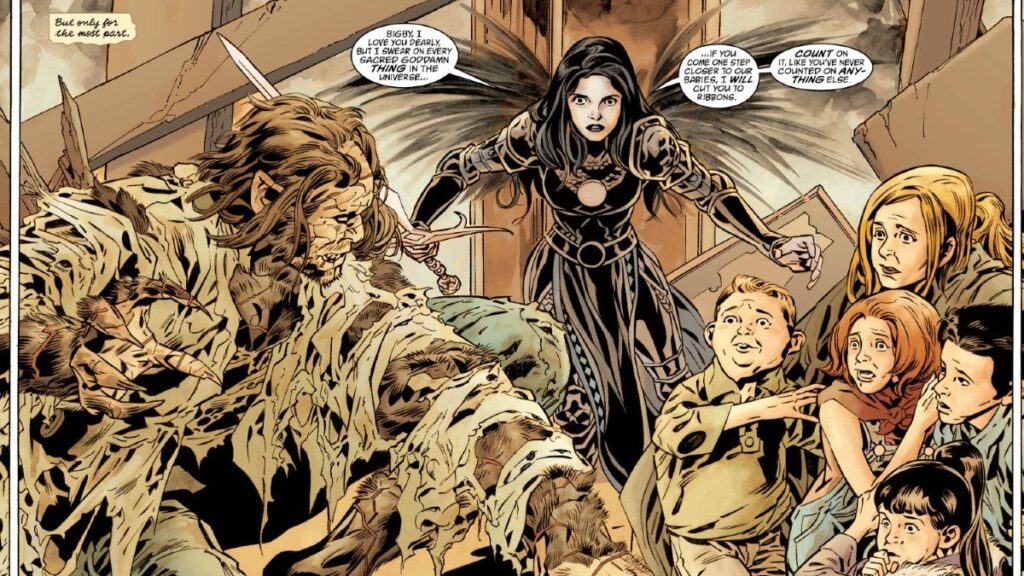
It proved to be immensely popular. There was an Fablecon. A videogame. Numerous spinoff lines and graphic novel collections. As for TV, well in a fit of sheerest stupidity DC Comics sold the rights to Disney. In purest Disney fashion, once Cancer Rat had the rights secured they cutoff the original creators and turned Fables into Once Upon a Time.
In 2014 Fables wrapped after a twelve year run. This was also the year that Marvel and DC Comics began their one way trip to the land of Ultra-Woke. It was also the time that Bill Willingham began running into problems with the new kids that were running DC. It turns out there is a big difference between creator-owned and creator-controlled.
“When I first signed my creator-owned publishing contract with DC Comics, the company was run by honest men and women of integrity, who (for the most part) interpreted the details of that agreement fairly and above-board. When problems inevitably came up we worked it out, like reasonable men and women. Since then, over the span of twenty years or so, those people have left or been fired, to be replaced by a revolving door of strangers, of no measurable integrity, who now choose to interpret every facet of our contract in ways that only benefit DC Comics and its owner companies. At one time the Fables properties were in good hands, and now, by virtue of attrition and employee replacement, the Fables properties have fallen into bad hands.”
“Too many things to list exhaustively, but here are some highlights: “Throughout the years of my business relationship with DC, with Fables and with other intellectual properties, DC has always been in violation of their agreements with me. Usually it’s in smaller matters, like forgetting to seek my opinion on artists for new stories, or for covers, or formats of new collections and such. In those times, when called on it, they automatically said, “Sorry, we overlooked you again. It just fell through the cracks.” They use the “fell through the cracks” line so often, and so reflexively, that I eventually had to bar them from using it ever again. They are often late reporting royalties, and often under-report said royalties, forcing me to go after them to pay the rest of what’s owed.”
“Lately though their practices have grown beyond these mere annoyances, prompting some sort of showdown. First they tried to strong arm the ownership of Fables from me. When Mark Doyle and Dan Didio first approached me with the idea of bringing Fables back for its 20th anniversary (both gentlemen since fired from DC), during the contract negotiations for the new issues, their legal negotiators tried to make it a condition of the deal that the work be done as work for hire, effectively throwing the property irrevocably into the hands of DC. When that didn’t work their excuse was, “Sorry, we didn’t read your contract going into these negotiations. We thought we owned it.”
“More recently, during talks to try to work out our many differences, DC officers admitted that their interpretation of our publishing agreement, and the following media rights agreement, is that they could do whatever they wanted with the property. They could change stories or characters in any way they wanted. They had no obligation whatsoever to protect the integrity and value of the IP, either from themselves, or from third parties (Telltale Games, for instance) who want to radically alter the characters, settings, history and premises of the story (I’ve seen the script they tried to hide from me for a couple of years). Nor did they owe me any money for licensing the Fables rights to third parties, since such a license wasn’t anticipated in our original publishing agreement. “
“When they capitulated on some of the points in a later conference call, promising on the phone to pay me back monies owed for licensing Fables to Telltale Games, for example, in the execution of the new agreement, they reneged on their word and offered the promised amount instead as a “consulting fee,” which avoided the precedent of admitting this was money owed, and included a non-disclosure agreement that would prevent me from saying anything but nice things about Telltale or the license.”
With no other recourse, and no way to do legal battle with a corporation with pockets as deep as Warner Brothers, Bill Willingham reached for the nuclear launch keys.
“Since I can’t afford to sue DC, to force them to live up to the letter and the spirit of our long-time agreements; since even winning such a suit would take ridiculous amounts of money out of my pocket and years out of my life (I’m 67 years old, and don’t have the years to spare), I’ve decided to take a different approach, and fight them in a different arena, inspired by the principles of asymmetric warfare”…
The one thing in our contract the DC lawyers can’t contest, or reinterpret to their own benefit, is that I am the sole owner of the intellectual property. I can sell it or give it away to whomever I want.”
Bill Willingham gave his work to everyone.
Fables is now in the Public Domain.
DC is naturally claiming it isn’t and will sue anyone who tries to print Fables. Even Willingham isn’t claiming you can republish existing stories but he says you can now create your own. DC is claiming you can’t do that either. but these were all based on fairy tale characters they were all in public domain to begin with.
However while DC is talking a big and threatening game, in countries less in thrall to US corporations, their claims won’t stand up except on some trademark grounds. The public domain is the public domain.
*That was a different title.

